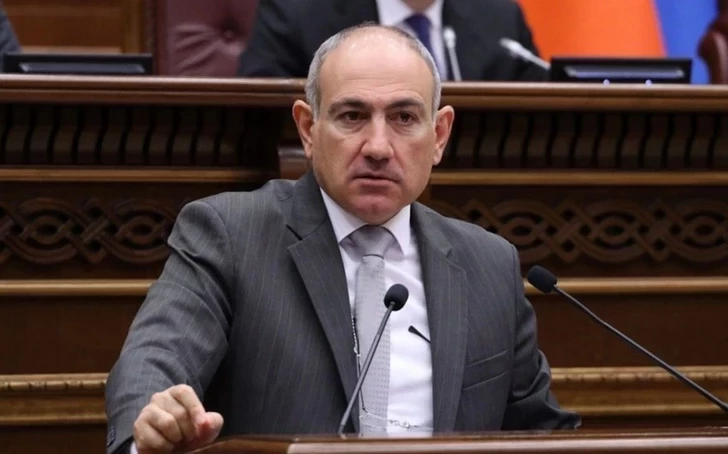By Eldar S., Special to Azerbaijan.US
When Armenian Prime Minister Nikol Pashinyan declared this week that border regulations would soon be simplified not only with Azerbaijan but across all checkpoints of the country, it was more than a technical announcement. It was a political signal: Armenia is trying to rewire itself from a fortress state into a transit state.
The backdrop is crucial. On August 8 in Washington, Armenia and Azerbaijan signed documents that effectively closed the chapter of war. For Pashinyan, this deal is not just about peace — it is about survival. “We have entered a new agenda of development, a new dimension of growth,” he told his ministers, urging them to focus on “constructive, peaceful, creative work.” In other words, Yerevan must now deliver results that Armenians can measure not in slogans but in trade flows, investment, and jobs.
The change is profound. For three decades, Armenian politics revolved around blockades, isolation, and militarization. Now, the government is openly promising to make imports, exports, and transit easier — exactly the kind of economic integration that the nationalist establishment long resisted.
And here lies the tension. Pashinyan congratulated his cabinet on achieving peace, but he also knows that powerful voices — in the church, in the diaspora, and among nationalist elites — see any normalization with Baku as betrayal. For them, Armenia’s borders are symbols of loss, not gateways of opportunity.
Yet geopolitics is leaving little room for illusions. The Washington deal has forced Yerevan to choose between endless grievance and a fragile but potentially transformative peace. By announcing reforms at every border crossing, Pashinyan is betting that Armenians are tired of being cut off from the world.
If these reforms take root, Armenia may discover something its nationalist mythology never allowed: that open borders, not closed ones, are the true foundation of sovereignty.


